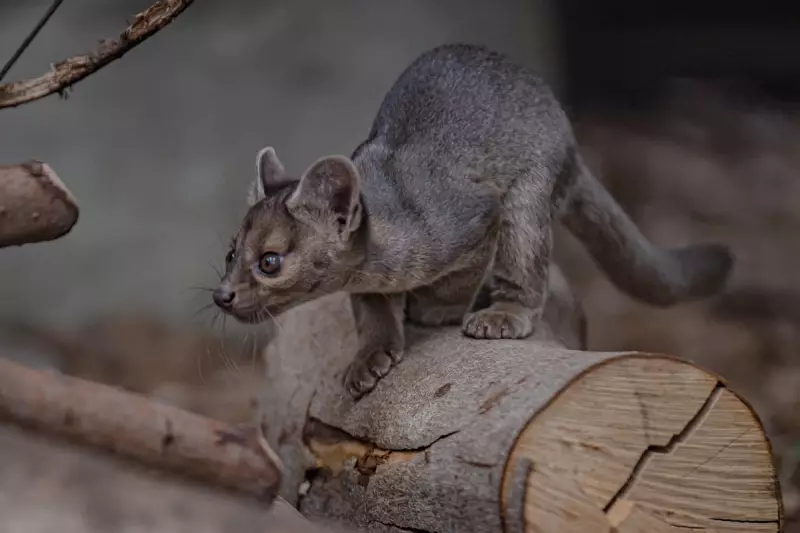
In an extraordinary conservation triumph, Chester Zoo is celebrating the arrival of three incredibly rare fossa pups - a species so endangered that they're often described as one of the world's most mysterious predators.
The triplets, born to first-time parents Shala and Isalo, represent a significant boost for the global breeding programme dedicated to saving these unique carnivores from extinction. Native only to the forests of Madagascar, fossas face severe threats from habitat destruction and human-wildlife conflict.
A Conservation Milestone
These tiny newcomers, each weighing just 120-130 grams at birth, have been developing perfectly under the watchful eyes of their mother and the zoo's expert carnivore team. After spending their first critical weeks nestled safely in an indoor den, the pups have now begun venturing into their outdoor habitat.
Mike Jordan, Animals and Plants Director at Chester Zoo, expressed his excitement: "These births are particularly special as fossas are incredibly rare, both in the wild and in zoos. To have three healthy pups growing well is a real cause for celebration."
Madagascar's Apex Predator
Many visitors might mistake the fossa for a cat, but this remarkable creature is actually Madagascar's largest carnivore and most closely related to the mongoose. With their slender bodies, retractable claws, and incredible agility, fossas are perfectly adapted for hunting lemurs through the forest canopy.
Their ecological role as apex predators makes them crucial for maintaining healthy forest ecosystems in Madagascar. However, with an estimated 90% of their natural habitat already lost, every new birth represents hope for the species' future.
Hope for the Future
The zoo's conservation team reports that the pups are "doing brilliantly" and beginning to show their individual personalities. Visitors can now spot the curious triplets exploring their surroundings, though they still frequently return to their mother for reassurance and nourishment.
This breeding success forms part of Chester Zoo's long-term commitment to protecting Madagascar's unique wildlife, supporting both zoo-based breeding programmes and field conservation projects on the island nation.





